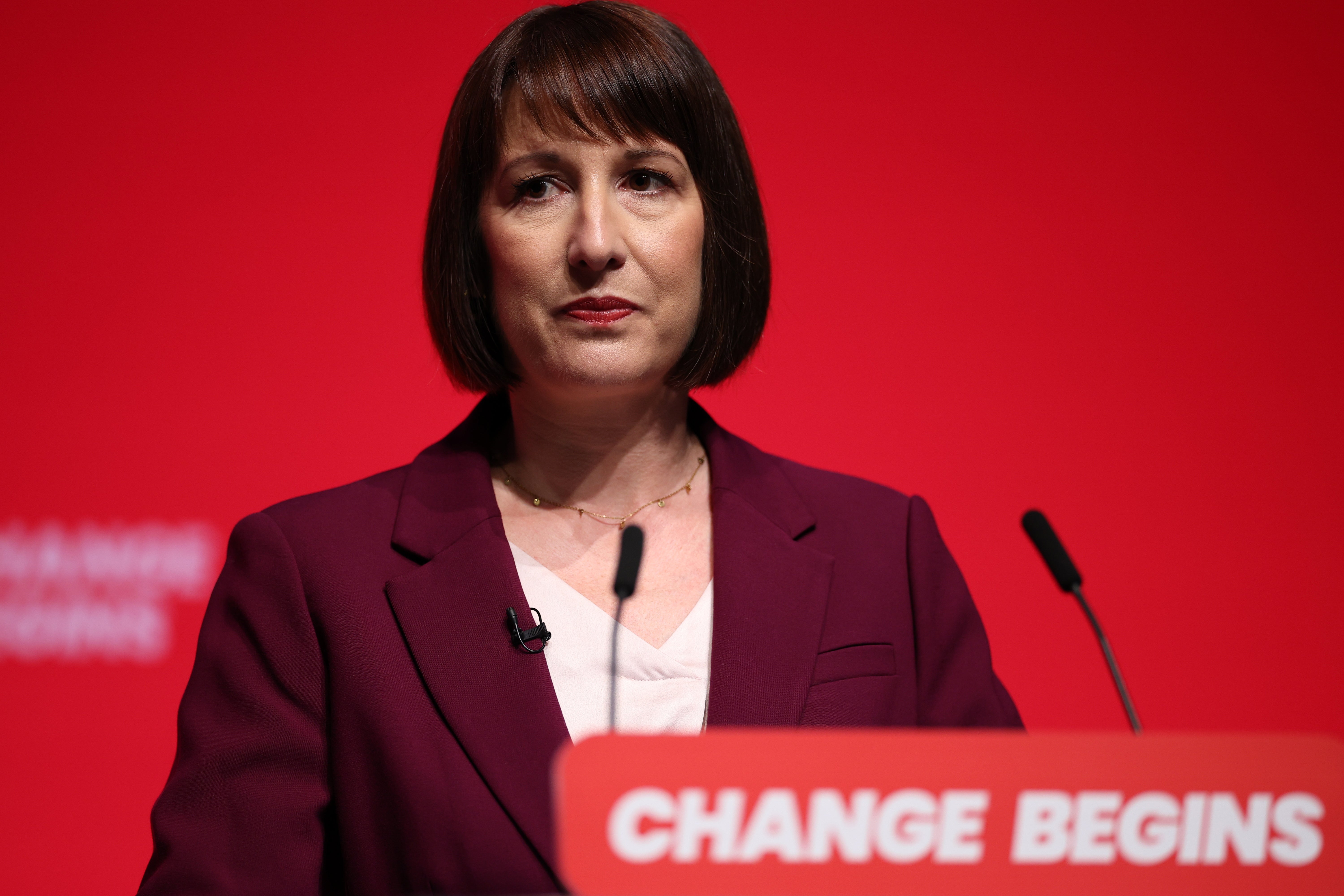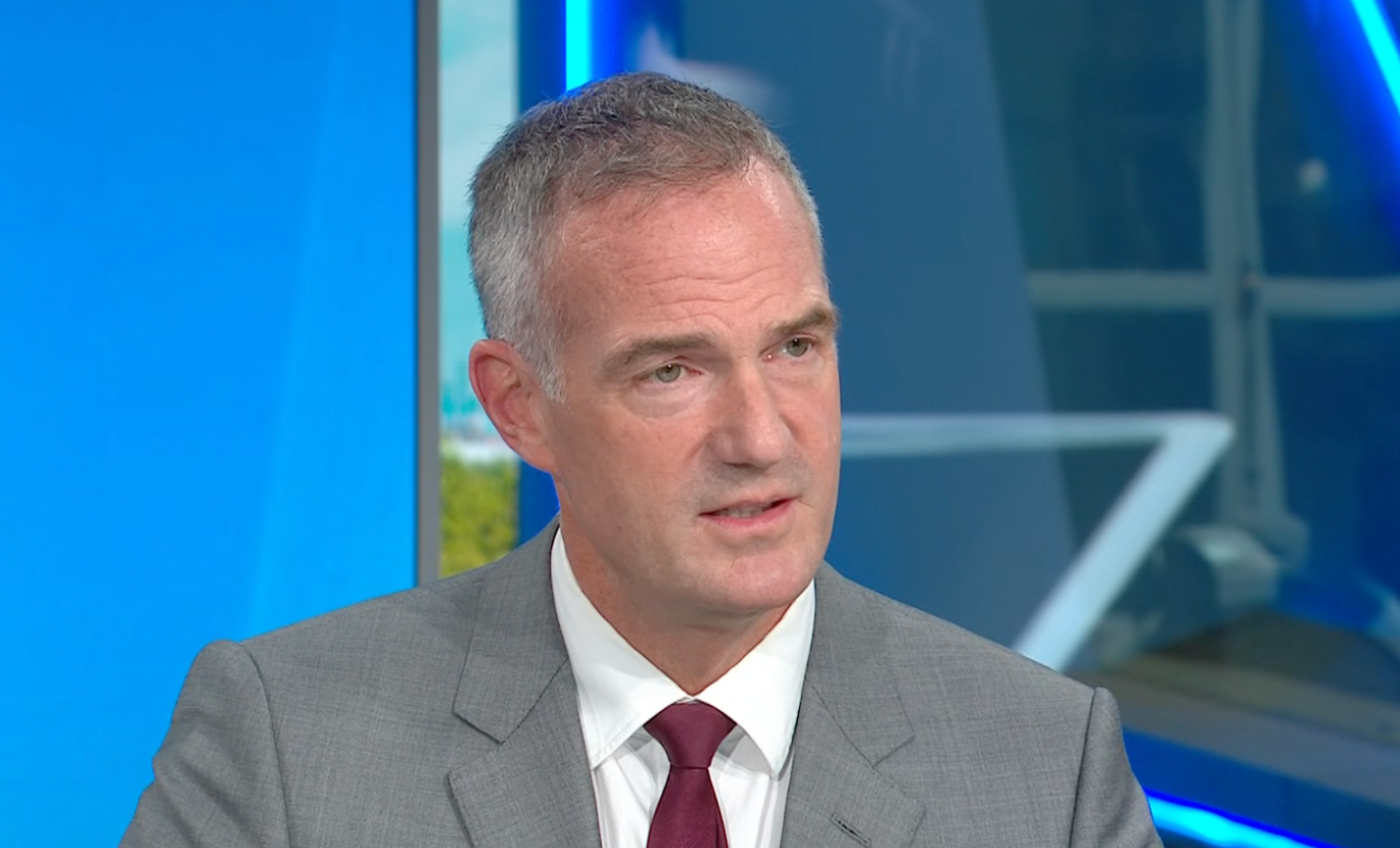Rachel Reeves warned potential £50bn spend could cause interest rates to surge
The government is considering changing its fiscal rules to give it more room to borrow

Your support helps us to tell the story
From reproductive rights to climate change to Big Tech, The Independent is on the ground when the story is developing. Whether it's investigating the financials of Elon Musk's pro-Trump PAC or producing our latest documentary, 'The A Word', which shines a light on the American women fighting for reproductive rights, we know how important it is to parse out the facts from the messaging.
At such a critical moment in US history, we need reporters on the ground. Your donation allows us to keep sending journalists to speak to both sides of the story.
The Independent is trusted by Americans across the entire political spectrum. And unlike many other quality news outlets, we choose not to lock Americans out of our reporting and analysis with paywalls. We believe quality journalism should be available to everyone, paid for by those who can afford it.
Your support makes all the difference.Chancellor Rachel Reeves’s plan to increase borrowing in the budget risks pushing up interest rates, analysis from the Treasury indicates.
The research paper, published in December, suggests rewriting the UK’s fiscal rules could increase the cost of debt. Shadow chancellor Jeremy Hunt claims it could lead to “mortgage misery” for people across Britain.
The government is considering changing its fiscal rules to give it more room to borrow, which could open up £50 billion of extra spending.
But the Treasury paper warns a “fiscal loosening” of just one per cent of GDP could lead to a “peak increase in interest rates” of as much as 1.25 per cent.

The document warns every increase in yearly borrowing of £25 billion could cause interest rates to surge by between 0.5 and 1.25 per cent.
The Institute for Fiscal Studies (IFS) echoed this, warning borrowing an extra £50 billion in 2028-2029 could have a “material impact on interest rates”.
Mortgage rates are now beginning to fall, after rising dramatically following the chaos of Liz Truss’s mini-budget.
With central interest rates currently sitting at five per cent, an increase to 6.25 would add around £200 per month to an average mortgage.
The government has repeatedly warned “tough decisions” will have to be taken at the 30 October budget as a result of what they claimed was a £22 billion “black hole” left by the previous government.
Speaking to The Telegraph, Mr Hunt warned: “The consistent advice I received from Treasury officials was always that increasing borrowing meant interest rates would be higher for longer – and punish families with mortgages.
“That would be a hammer blow and lead to mortgage misery for many people just at the moment the Bank of England is expected to bring interest rates back down.”

He demanded the Office for Budget Responsibility be legally obliged to publish a full analysis of any changes to the UK’s fiscal rules.
But speaking to Sky News on Sunday morning, science and technology secretary Peter Kyle said the government “does have money to spend”, adding: “It’s how you actually invest. What you have to do is two simultaneous things: you have to fix the damage that was inherited from the previous government, but you also have to get the economy going.
“We are investing in the technology of the future, but by doing so wisely you can attract private sector investment as well. This is the incredible thing we’re trying at the moment, this balancing act.”
A spokesperson from the HM Treasury said: “This analysis is clear that the relationship between fiscal plans, inflation and interest rates is complicated and can change significantly over time.
“The chancellor has repeatedly said she will not play fast and loose with the public finances and will protect working people.”
Join our commenting forum
Join thought-provoking conversations, follow other Independent readers and see their replies
Comments